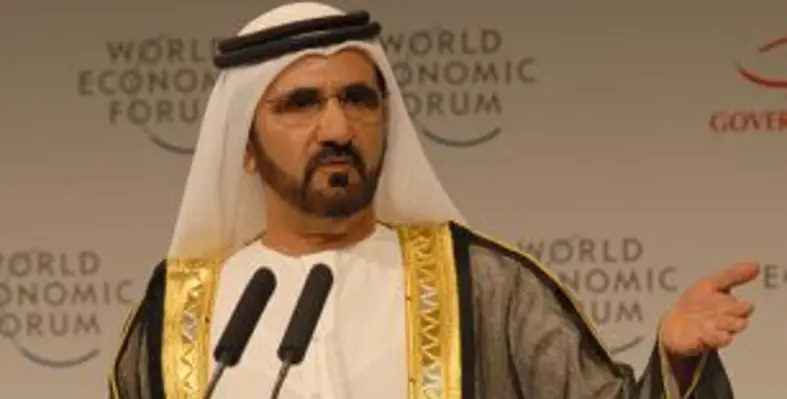HH Sheikh Mohammed bin Rashid Al Maktoum, Vice-President and Prime Minister of the UAE and Ruler of Dubai, has announced the 2030 Dubai Industrial Strategy, which aims to develop and implement long-term policies for the industrial sector in Dubai
According to a statement released by the government, the strategy aims to add US$45bn to Dubai?s economy by 2030. The strategy sets out priorities for developing aerospace, maritime, aluminium and fabricated metals, pharmaceuticals and medical equipment, food and beverages, and machinery and equipment industries. It identifies target industrial sectors and focuses on strengthening industrial integration ? connecting the target sector with educational and research institutions to stimulate innovation and creativity with a view to developing strategic industries.
The industrial sector is expected to grow by US$5bn by 2030, creating 27,000 jobs and exports are forecast to rise by US$4bn. Investment in research and development is estimated to rise by US$190mn by 2030.
?The Dubai industrial strategy aims to leverage our advanced infrastructure and enables the environment to transform the UAE into a global platform for innovative industries and a destination of choice for international companies seeking an integrated and favourable environment for growth and sustainability,? said HH Al Maktoum.
He added that with the strategy the basic framework needed to compete globally in the industrial sector and develop national talents has been put in place.
The Dubai Industrial Strategy is based on five key objectives that will serve as the foundation for Dubai's industrial future. These are increasing the total output and value-addition of the manufacturing sector, enhancing the depth of knowledge and innovation, making Dubai a preferred manufacturing platform for global businesses and promoting environment-friendly and energy-efficient manufacturing and make Dubai a centre for the global Islamic products market.
The strategy has identified six priority sub-sectors based on their future growth prospects, export potential and mid-term to long-term economic benefits: aerospace, maritime, aluminium and fabricated metals, pharmaceuticals and medical equipment, food and beverages and machinery and equipment.








